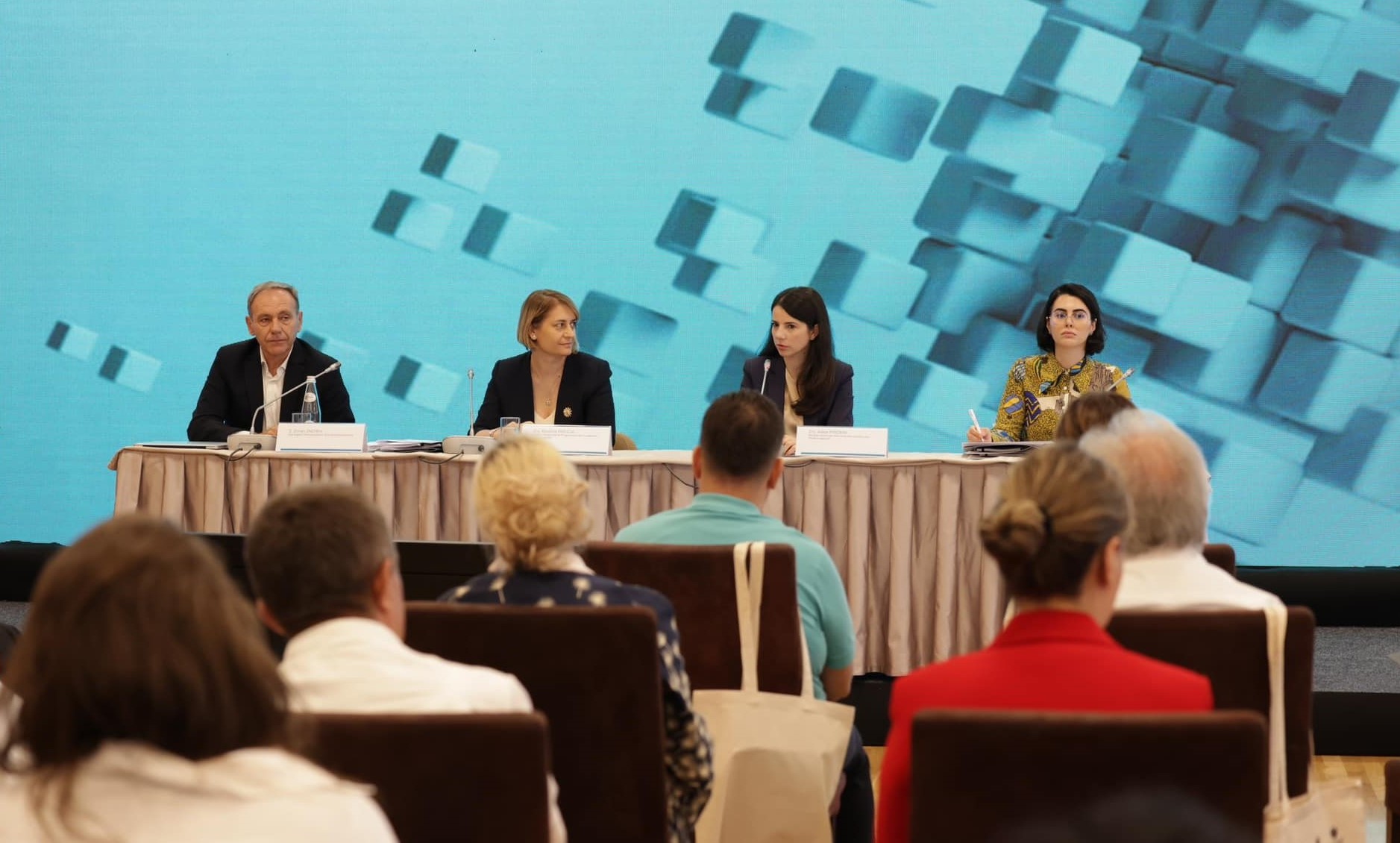Draft Anti-Corruption Strategy 2024-2030 unveiled

Adea Pirdeni, the Minister of State for Public Administration and Anti-Corruption, presented the draft for the Intersectoral Strategy Against Corruption 2024-2030 to 30 state institutions today. The presentation marks the beginning of a series of public consultations that will continue with various interest groups in the coming days.
Why is this relevant
The Intersectoral Strategy Against Corruption 2024-2030 aims to tackle the major challenges of combating corruption through a three-pronged approach: prevention, punishment, and awareness. This strategy specifically targets sectors vulnerable to corruption, including property, healthcare, taxation, customs, and education.
Key Points of the Strategy
The strategy’s primary goal is to provide a significantly improved framework for coordinating all institutions responsible for fighting corruption. For the first time, the strategy will also be applied to local government institutions and will focus on promoting integrity in the private sector. Additionally, the strategy aims to enhance education on ethics and integrity among all public officials and to revise the pre-university education curriculum to instill a culture of integrity in children and young people from an early age.
Alignment with Albania’s 2030 Agenda
All measures in the strategy are aligned with Albania’s 2030 Agenda and address commitments arising from the EU negotiation process, aiming to build more robust institutions that are increasingly resistant to any breach of integrity.
Minister Pirdeni highlighted the innovations introduced by the Intersectoral Strategy Against Corruption 2024-2030, stating that its approval will ensure the continuation of systematic measures to create a corruption-free society where values such as integrity, transparency, and accountability guide the actions of citizens and the performance of institutions.
The strategy identifies high-risk sectors that require greater accountability and full transparency in the execution of duties by institutions. These sectors include property, taxation and customs, healthcare, public contracts (procurement and concessions), and education.
In 2024, a comprehensive assessment will begin to address all corruption risks in the property and public procurement sectors. Based on identified problems and challenges, the strategy proposes measures, tools, and methods for preventing and combating corruption in Albania.
Support from the European Union
Minister Pirdeni expressed gratitude to the EU delegation in Albania, which has assisted in drafting the Intersectoral Strategy Against Corruption 2024-2030 through the EU4GG Good Governance project, a key partner in advancing Albania’s European agenda.
Upcoming Discussions
Open discussions on the Intersectoral Strategy Against Corruption 2024-2030 will be held this week with representatives from businesses and chambers of commerce, media representatives, civil society, academics, and local government officials.
This new strategy represents a significant step forward in Albania’s efforts to combat corruption and strengthen the integrity of its institutions, ensuring a more transparent and accountable governance system for all citizens.


